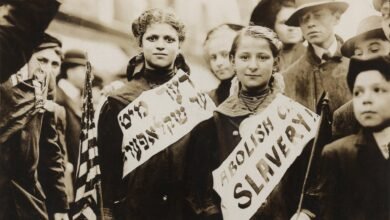

Even so, Lex impulsively did just that. He removed his yellow star and went on the run. On the streets of Amsterdam, he was just one more small blonde boy, difficult for his Nazi oppressors to distinguish from non-Jewish children. Just 13 years old, he slept in an air-raid shelter, attic staircases and homes emptied of deported Jews. From time to time, kindly Jewish hosts still awaiting deportation offered him temporary respite, but then he would revert to living on his wits again. The unwashed ragamuffin cadged and stole food to survive, trusting nobody. He was picked up by the police and beaten. He was even shot at trying to escape once more.
Well-meaning non-Jews eventually took in the feral boy and arranged for him to join a family in rural Netherlands. Lex’s streetwise wariness and peripatetic existence gave way to a fulfilling life in the countryside, the price of which was to forfeit his Jewish background to survive by merging into the background like a chameleon. As his teenage years progressed, Lex learned new skills, made friends and started noticing girls for the first time. Upon liberation in May 1945, aged just 16, he became dangerously ill with tuberculosis, but recovered. He became aware that he was an orphan when the Dutch authorities took over his guardianship. Over time, he regained a sense of his Jewish past, established a new family of his own and lived to be 90.
An opportunistic survivor, Lex was not a professional historian but proved to be an accomplished storyteller of his own unique experience of Nazi persecution in the Netherlands. Nobody Lives Here, now available in this well-translated and newly illustrated edition, offers a glimpse into the expropriated innocence of childhood. His accessible and moving narrative ought to engage adults and children alike.
By David Kann
Nobody Lives Here: A Jewish Childhood in the Occupied Netherlands by Lex Lesgever, trans. Babette Lichtenstein and Jozef van der Voort, is out now (The History Press, £18.99). thehistorypress.co.uk
Source link



